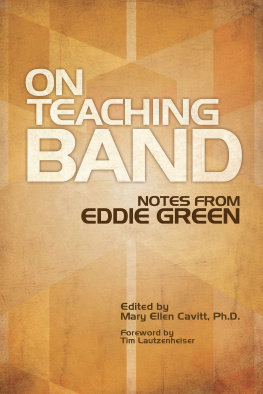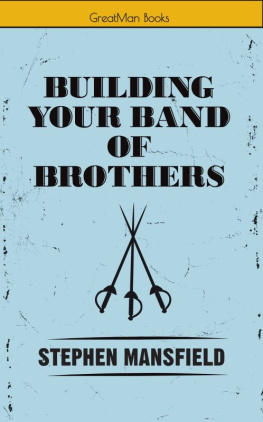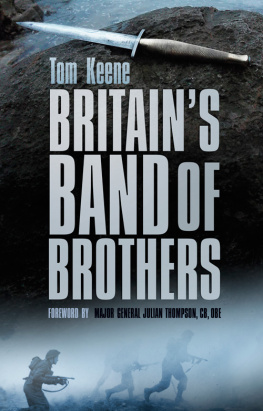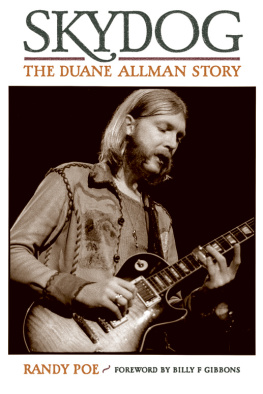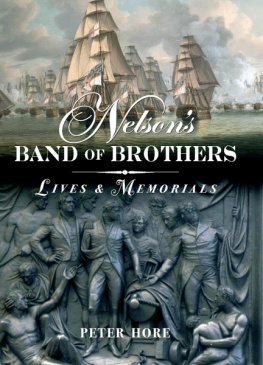PREFACE.
Table of Contents
The vice of gambling is peculiarly destructive. It spares neither age nor sex. It visits the domestic hearth with a pestilence more quiet and stealthy, but not less deadly, than intemperance. It is at once the vice of the gentleman, and the passion of the blackguard. With deep shame we are forced to admit that the halls of legislation have not been free from its influence, nor the judicial bench unstained by its pollution.
It is against this vice, which is now spreading like a subtle poison through all grades of society, that the present work is directed. The author is not a mere theorist. He speaks from experiencedark and bitter experience. The things he has seen he tells; the words he has heard he speaks again. Some of these scenes curdle the blood in the veins, even when remembered; some of these words, whenever whispered, recall incidents of singular atrocity, and thrill the bosom with horror.
The author professes to speak nothing but the plain truth. He does not aspire to an elegant style of writing, adorned with the ornaments of the orator and the scholar; but to one quality may lay claim, without being thought a vain or immodest man. He speaks with an earnest sincerity. Whatever he says comes from his heart, and is spoken with all the sympathy of his soul.
This work differs from all the previous works of the author. Indeed, it is unlike any thing ever published in this country. It is not a mere exposure of gambling, nor yet an attack on the character of particular gamblers. It is a revelation of a wide-spread organizationpledged to gambling, theft, and villany of all kinds. There are at the present time existing, in our Union, certain organizations, pledged to the performance of good works, which merit the hearty approbation of every honest man. These are called secret societies, although their proceedings, and the names of the officers, with minute particulars, are published in a thousand shapes. Prominent among these beneficial orders stand the Odd Fellows and the Sons of Temperance. But the order, whose history is related in the following pages, differs from all these. Its proceedings, the names of its members or its officers, and even its very existence as a body, have hitherto been secret, and sealed from the whole world. Besides, it is pledged to accomplish all kinds of robbery, aye, and even worse deeds. It has, in more than one deplorable instance, concealed its dark deeds with murder.
This order is not confined in its operations to the dark places of life. It numbers among its members the professional man, the "respectable citizen," the prominent and wealthy of various towns throughout the Union; nay, it has sometimes invaded the house of God, and secured the services of those who are ostensibly his ministers.
There is not a line of fiction in these pages. The solemn truth is told, in all its strange and horrible interest. To the public, to the candid of all classes, to the friends of reform, to the honest citizen, and to the sincere Christian, the author makes his appeal.
Let not his voice of warning be unheeded. Let all be up and doing, so that the monster may be exterminated from the face of the earth, and the youth of the present age be saved from destruction.
CHAPTER I.
Table of Contents
In perusing the following pages, the reader will learn the history of a class of men, who, for talent, cannot be excelled. He may startle at the horrid features which naked truth will depictat deeds of darkness which, though presented to an enlightened people, may require a stretch of credulity to believe were ever perpetrated in the glorious nineteenth century.
It will, no doubt, elicit many a curious thought, especially with honest men, and the "whys and wherefores" will pass from mouth to mouth in every hamlet, village, and town, where the following recital may find a reader or hearer. All will declare it mysterious. It is a mystery to myself in some particulars, but in others it is not. It is strange, passing strange, to think that such a black-hearted, treacherous band of men, as I am about to describe, could have existed so long in a civilized and Christian country.
With a trembling hand do I attempt to bring to light their ruling principles, to develop a system of organized and accomplished villany. My reasons for assuming so daring a position may seem to require an explanation. It may be asked why I did not make this revelation before, as far as I had knowledge, or what is the occasion of the present exposition? To the preceding queries I will briefly reply.
First, There has been no period in my life, prior to 1846, when I could dare to lay before the world what I contemplate doing at the present time. It will be long remembered by many, that in August, 1842, I renounced a profession, in which I had worse than squandered twelve years, the sweet morning of my life. In doing so, I knew I must, of necessity, experience deep mortification, in a personal exposure, which would attend me through life.
Gambling, with all its concomitants, had taken full possession of my depraved nature. Thus it was that I, like all wicked men, refused to "come to the light," and I feared to oppose a craft so numerous as the one of which I was a professed member. Well did I know that I was carrying out a wrong and wicked principle. Conviction produced reflection. After a careful deliberation of the whole subject, I declared with a solemn oath, that, by the assistance of Almighty God, I would renounce for ever a profession so ruinous in its every feature. Immediately I felt the band severed, and my misgivings were scattered to the winds. My former companions laughed at me. They scouted the idea, that one so base as I should ever think of reformation. It moved me not. My credit, I found, failed, after it was known that I had quit gambling. A thousand different conjectures attended so strange a proceeding on the part of one in my circumstances. Why should I abandon card-playing, destroy valuable card plates, and lose their still more profitable proceeds, return moneyed obligations, which would have secured me an independent fortune? These things were a matter of surprise with the cool and deliberate patrons of vice, and especially with many, who, though they were often covered with a garb of outward morality, were full of rottenness within. Some, who pass for moral and religious persons, have in this thing exhibited a moral obliquity that has often astonished me.
From a careful examination, I have learned the lamentable fact, that the most prominent opposers of moral reforms are composed of two classes, the hardened sinner , who makes money his god, and the extremely ignorant . Let not the reader understand, however, that I suppose there are not ignorant rich men as well as poorthe latter have their share of bad men, and so also have the formerbut that vice and ignorance are common to both.
In the year 1843, I commenced lecturing against the fearful vice of gambling, for no other reason than to stay the gambler in his ruinous course, and save the youth of our land from his alluring wiles. For this I received in public the "God speeds" of all classes, and the prayers of all Christians in secret. I soon learned I had much with which to contendopposition from directions I little anticipated. The gambler, unfortunate man! he carried upon his countenance an expression of open hate, indicating a deadly hostility to my reformatory movements. The ignorant man, I found, was disposed to make his avarice the highway to happiness. He was unwilling to favour any reform that would invade the territory of his contracted selfishness. His reply, if he had any, would be that stereotyped one, "such a course will have a tendency to make more gamblers than it will cure." If his reasons were asked for such a statement, you could get no satisfactory answer. Perhaps he would say, "I am satisfied of the fact from my own disposition." He might as well give a child's reason at once, and say, " cause !" Such persons have seldom heard a lecture, or read a syllable, and yet are always prating with a great show of wisdom, but rather, in fact, of blind conceit. Their silence would be of far more service to the cause of virtue than their opinions. In many cases, it will be found that such persons are not only ignorant, but dishonest.




